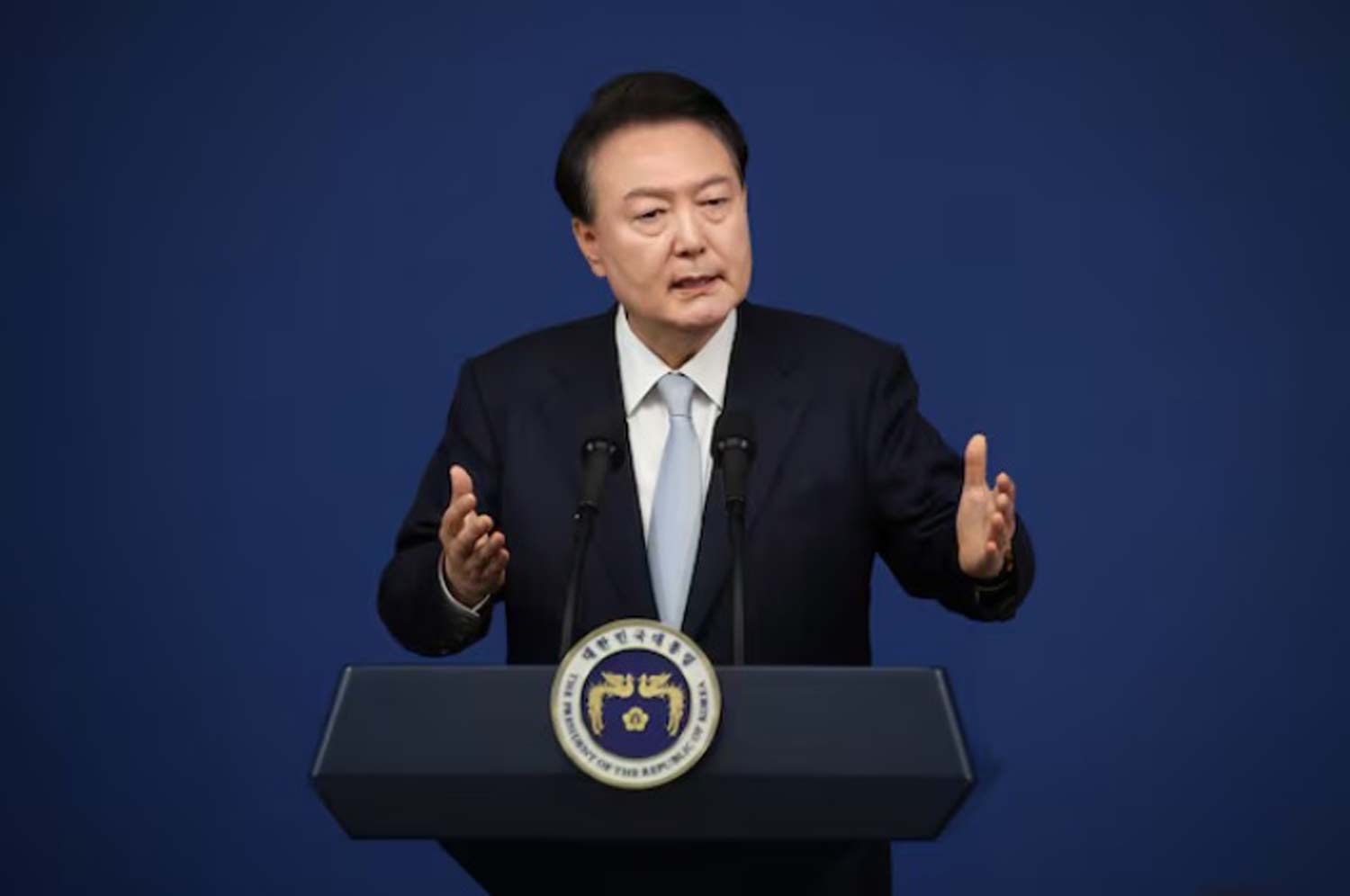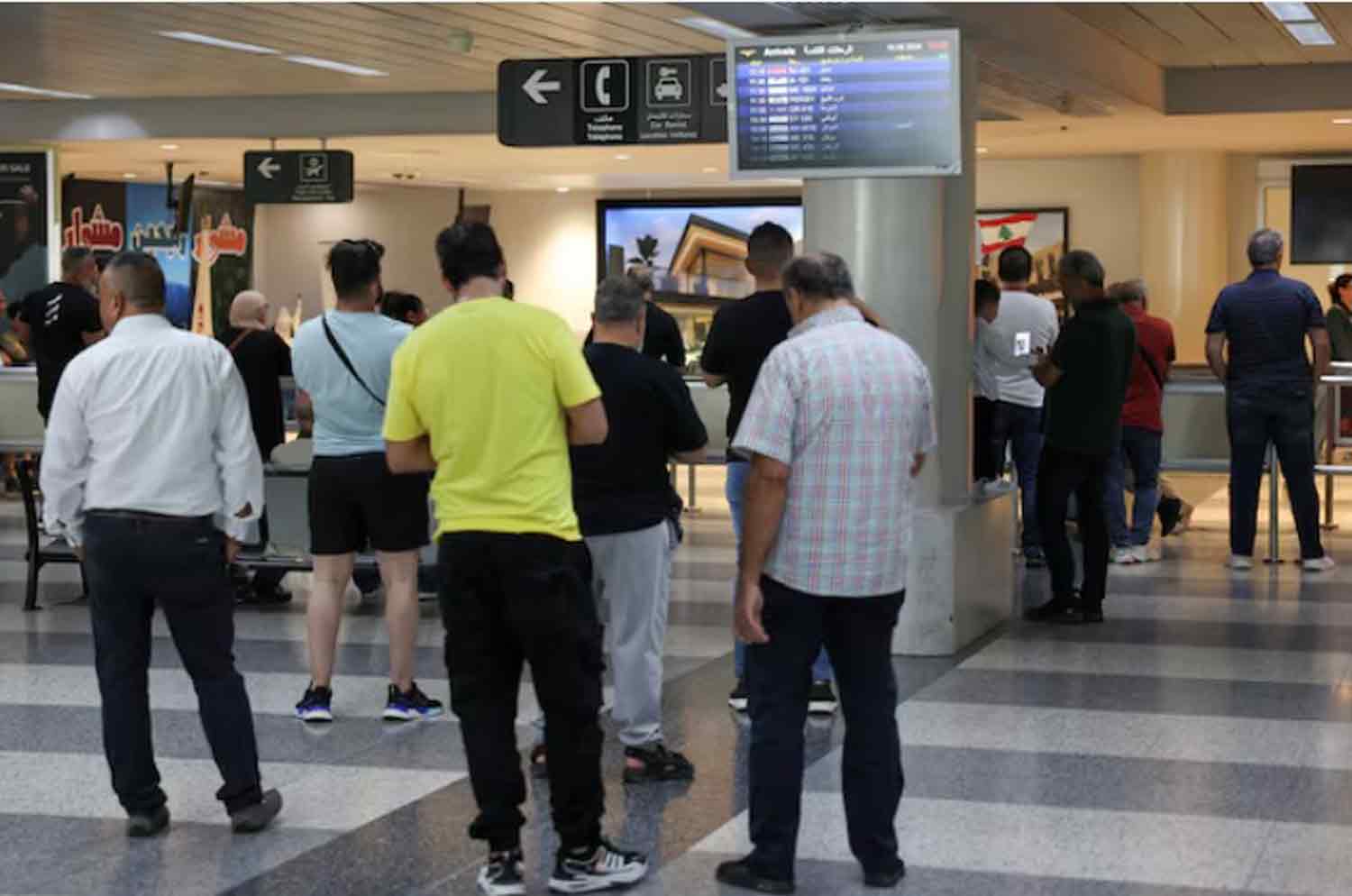Next week, over 130 global leaders will convene at the United Nations, confronted with the potential for escalating conflicts in the Middle East and Europe, frustration over the sluggish pace of peace initiatives, and intensifying climate and humanitarian challenges.
The ongoing strife between Israel and Hamas in the Gaza Strip, along with Russia’s invasion of Ukraine, is expected to take center stage during the annual high-level U.N. General Assembly. However, diplomats and analysts express skepticism regarding any significant advancements toward peace.
Richard Gowan, U.N. director at the International Crisis Group, noted, “The crises in Gaza, Ukraine, and Sudan will be the primary focal points at the General Assembly, but breakthroughs seem unlikely.”
U.N. Secretary-General Antonio Guterres recently remarked to Reuters that the situations in Gaza and Ukraine remain “stuck with no peaceful solutions in sight.”
Tensions have heightened regarding the potential spillover of the Gaza conflict into the wider Middle East, particularly after Hezbollah accused Israel of triggering explosions during two days of violent incidents. Israel has not responded to these allegations.
Guterres emphasized the urgent need to prevent a significant escalation in Lebanon, stating, “There is a serious risk of a dramatic escalation, and all efforts must be made to avert it.”
The conflict in Gaza, which has been under siege, was ignited by a Hamas assault on Israeli civilians on October 7, 2023, occurring two weeks after the conclusion of last year’s annual gathering of world leaders. Despite ongoing mediation efforts by the United States, Egypt, and Qatar, a ceasefire has not been achieved, and global patience is diminishing as the death toll in Gaza surpasses 41,000, nine months after the U.N. General Assembly’s strong call for a humanitarian truce.
Israeli Prime Minister Benjamin Netanyahu, who has consistently criticized the U.N. for its perceived bias against Israel, and Palestinian President Mahmoud Abbas are both set to speak at the General Assembly on September 26.
Diplomatic speed-dating
The annual assembly, which marks the start of a new session, is often likened to diplomatic speed-dating, featuring six days of speeches from leaders, while much of the significant interaction occurs in numerous bilateral meetings and side events aimed at highlighting critical global issues.
This year, the potential impact of a new U.S. administration looms large, as Republican Donald Trump, who previously reduced U.N. funding and labeled the organization as ineffective during his presidency from 2017 to 2021, is set to face Democratic Vice President Kamala Harris in the upcoming election on November 5. “The presence of Donald Trump will undoubtedly be a topic of concern,” noted Gowan, emphasizing that many private discussions during the General Assembly will revolve around the implications of Trump’s actions on the organization.
Additionally, this year’s side events will address the ongoing war and humanitarian crisis in Sudan, the international response to gang violence in Haiti, and the Taliban’s repression of women’s rights in Afghanistan.
On Wednesday, Guterres humorously acknowledged his limitations, stating he possesses “no power and no money.” The Secretary-General of the United Nations possesses two key assets, which I must emphasize I have been actively utilizing,” he informed the press. “The first is my voice, which cannot be silenced. The second is the ability to bring together individuals of goodwill to tackle and resolve issues.”
This year’s U.N. General Assembly is overshadowed by Western allegations regarding Iran’s involvement in the Middle East, particularly with groups like Hamas, Hezbollah, and the Houthis in Yemen, as well as its support for Russia’s actions in Ukraine.
European nations are aiming to renew efforts to control Iran’s nuclear ambitions, with Iranian and European officials scheduled to meet in New York next week to explore their willingness to engage in dialogue.
Iran’s relatively moderate new president, Masoud Pezeshkian, is set to address the United Nations on Tuesday. According to a senior Iranian official, Pezeshkian “will emphasize the importance of detente, fostering global confidence, and de-escalation,” while also asserting “Iran’s right to respond” to any threats from Israel if necessary.
Ukrainian President Volodymyr Zelenskiy will speak at the high-level General Assembly for the third time since the onset of the Russian invasion. He is expected to address a Security Council meeting on Ukraine on Tuesday and the General Assembly on Wednesday. Zelenskiy has formulated a strategy aimed at compelling Russia to seek a diplomatic resolution to the conflict, which he intends to present to U.S. President Joe Biden this month, as well as to both of Biden’s potential successors, Harris and Trump.
Certain U.S. officials have already received briefings regarding aspects of the plan. “We believe it outlines a viable strategy and plan. Our goal is to explore how we can advocate for this as we interact with the heads of state from various countries who will be present in New York… we remain optimistic about making some advancements,” stated U.S. Ambassador to the U.N. Linda Thomas-Greenfield during a press conference on Tuesday.
Although Russian President Vladimir Putin addressed the General Assembly virtually in 2020 due to the COVID-19 pandemic, he has not attended the event in person since 2015. Instead, Russian Foreign Minister Sergei Lavrov is scheduled to address the General Assembly on September 28.
Discover more from Defence Talks | Defense News Hub, Military Updates, Security Insights
Subscribe to get the latest posts sent to your email.





